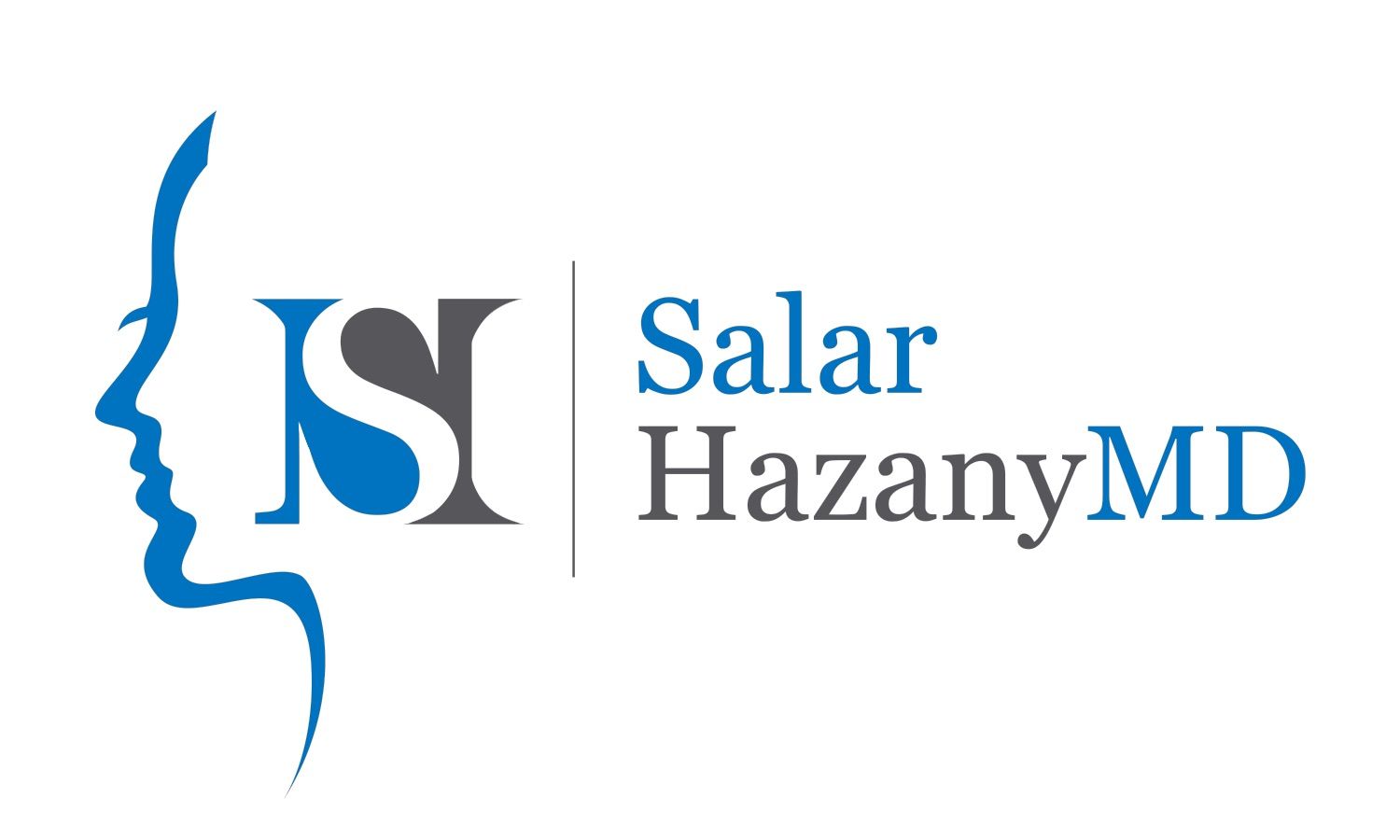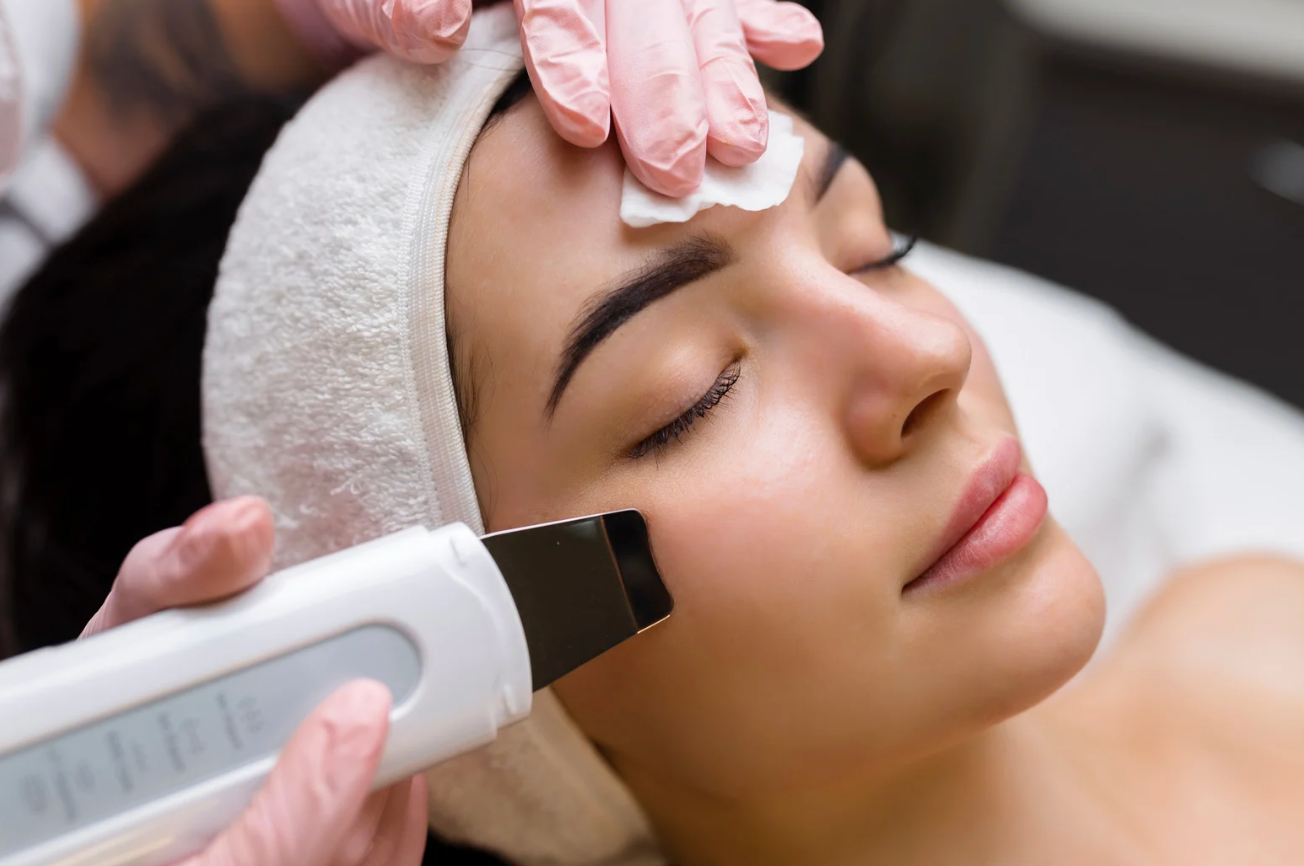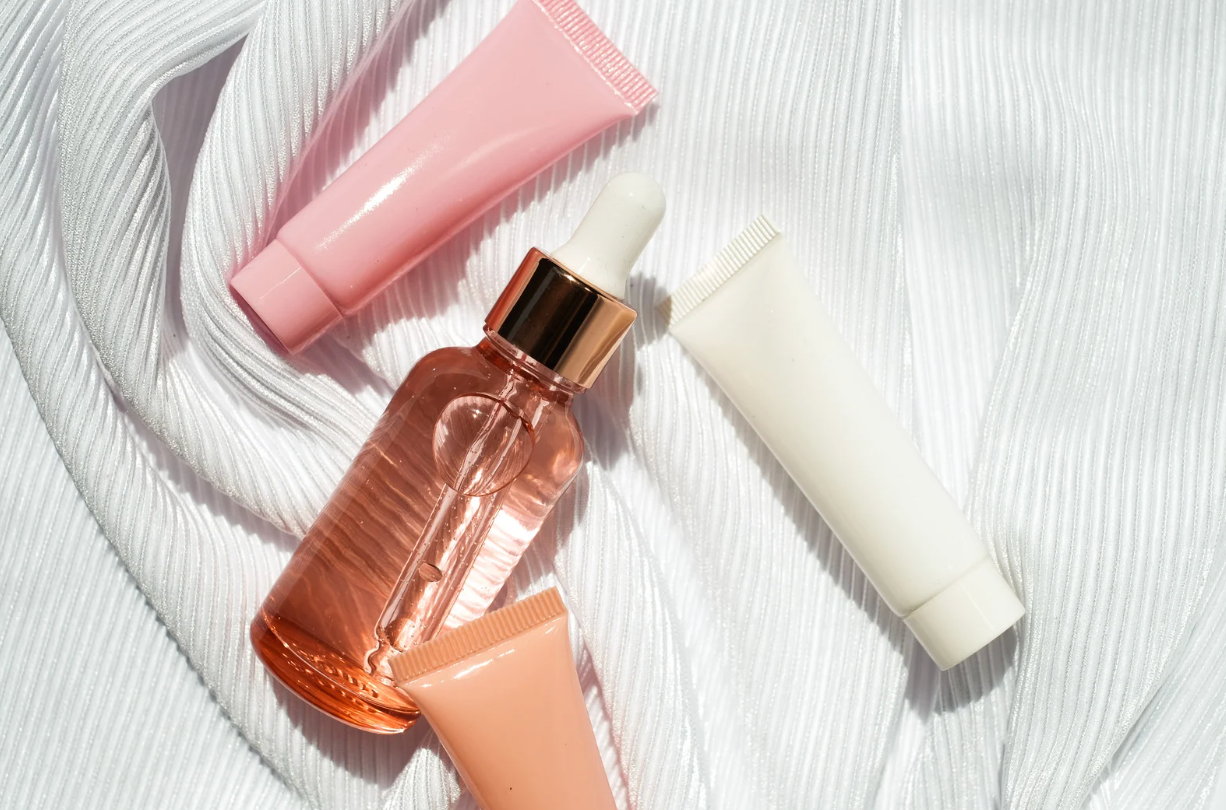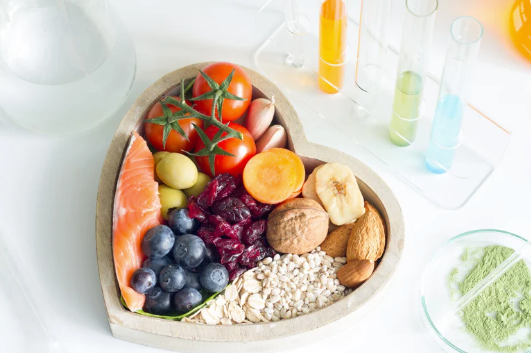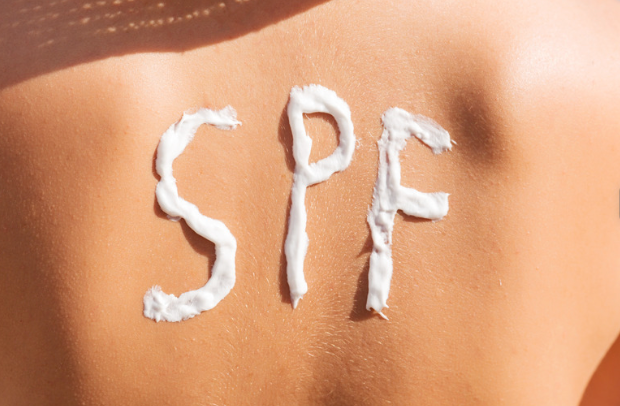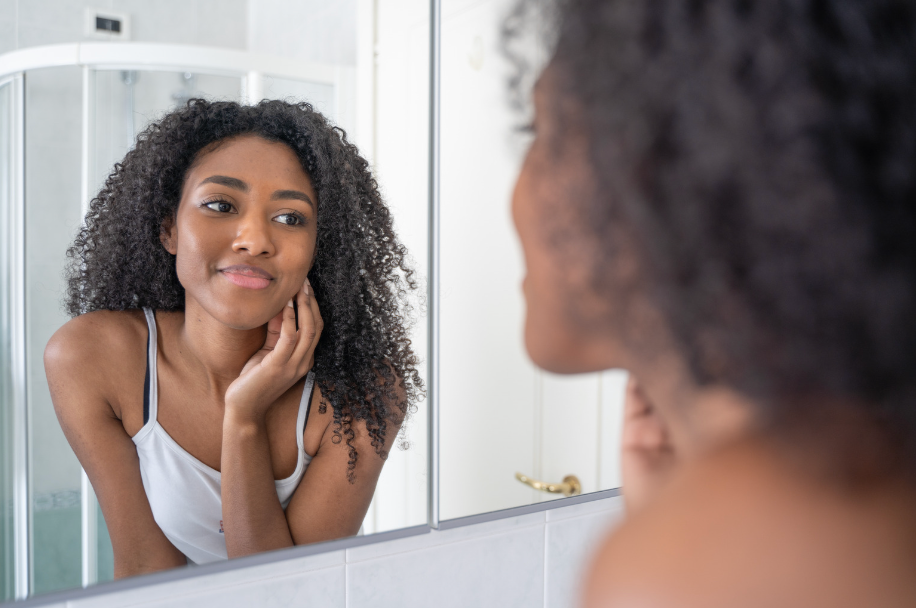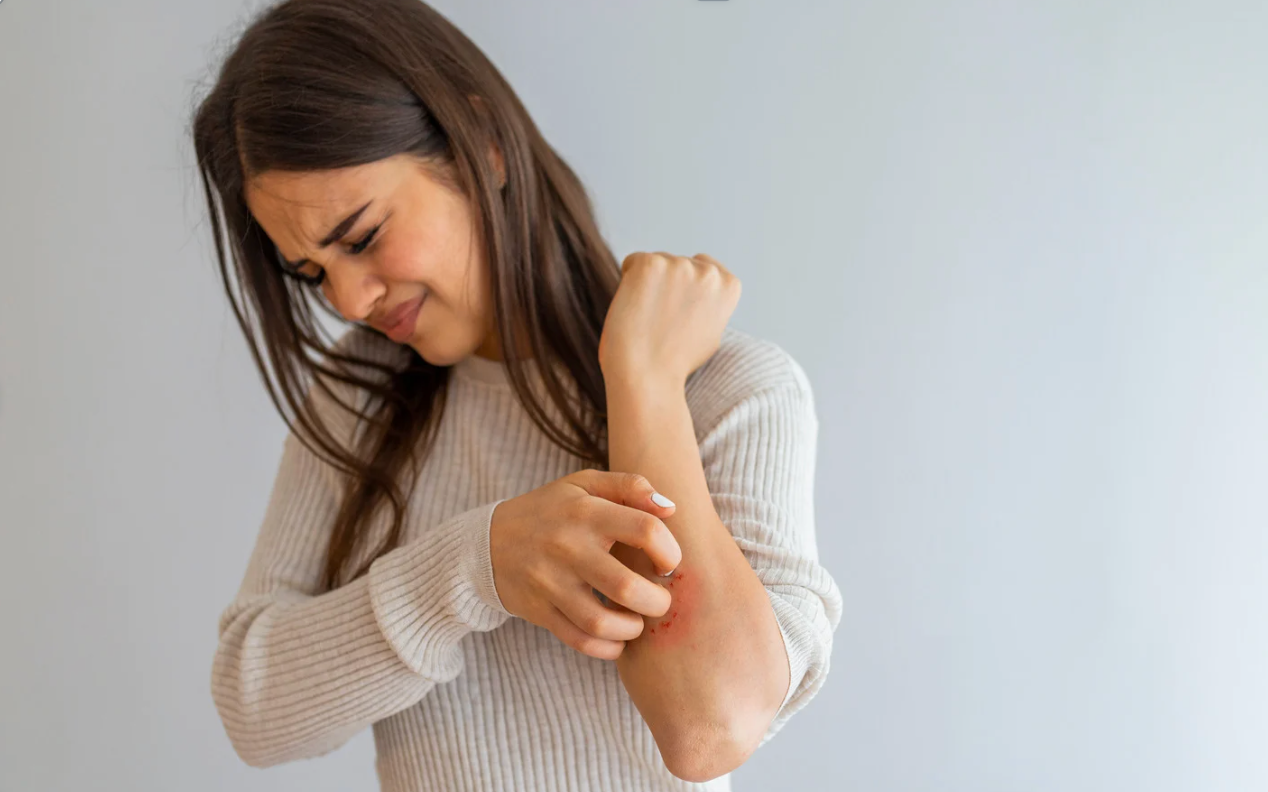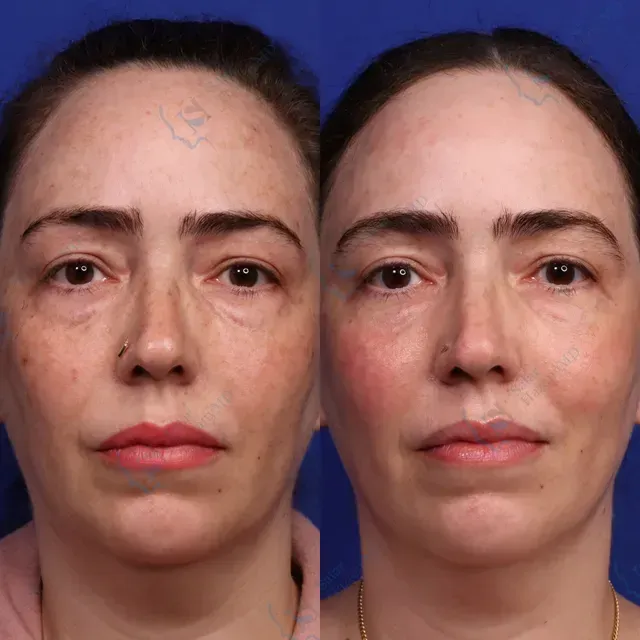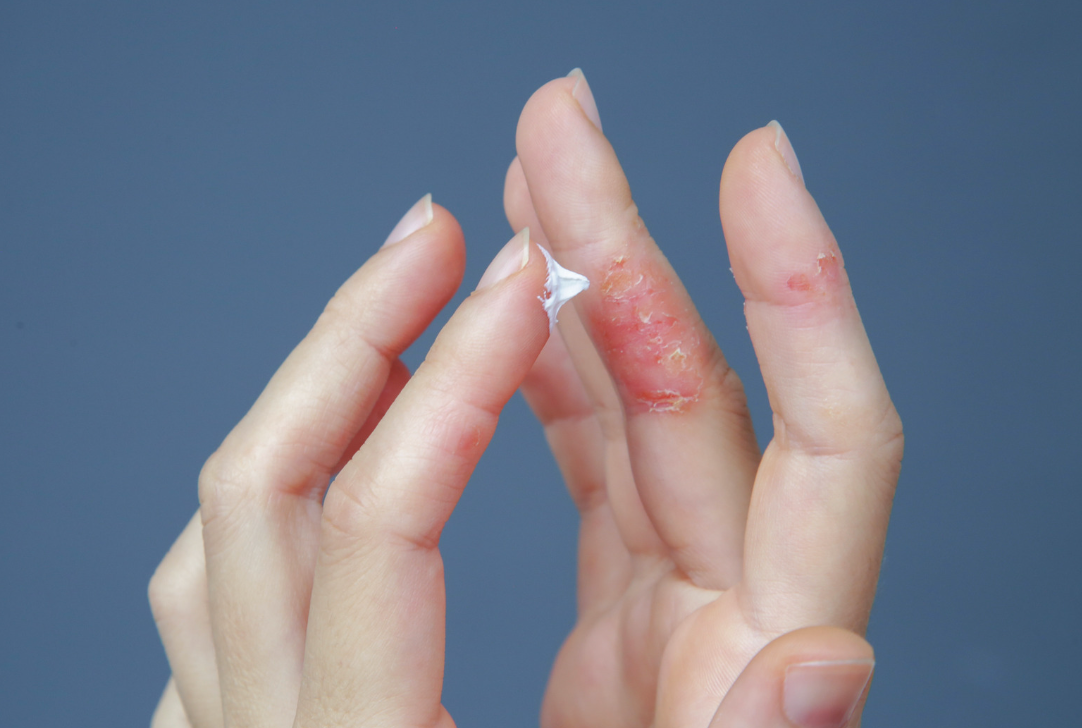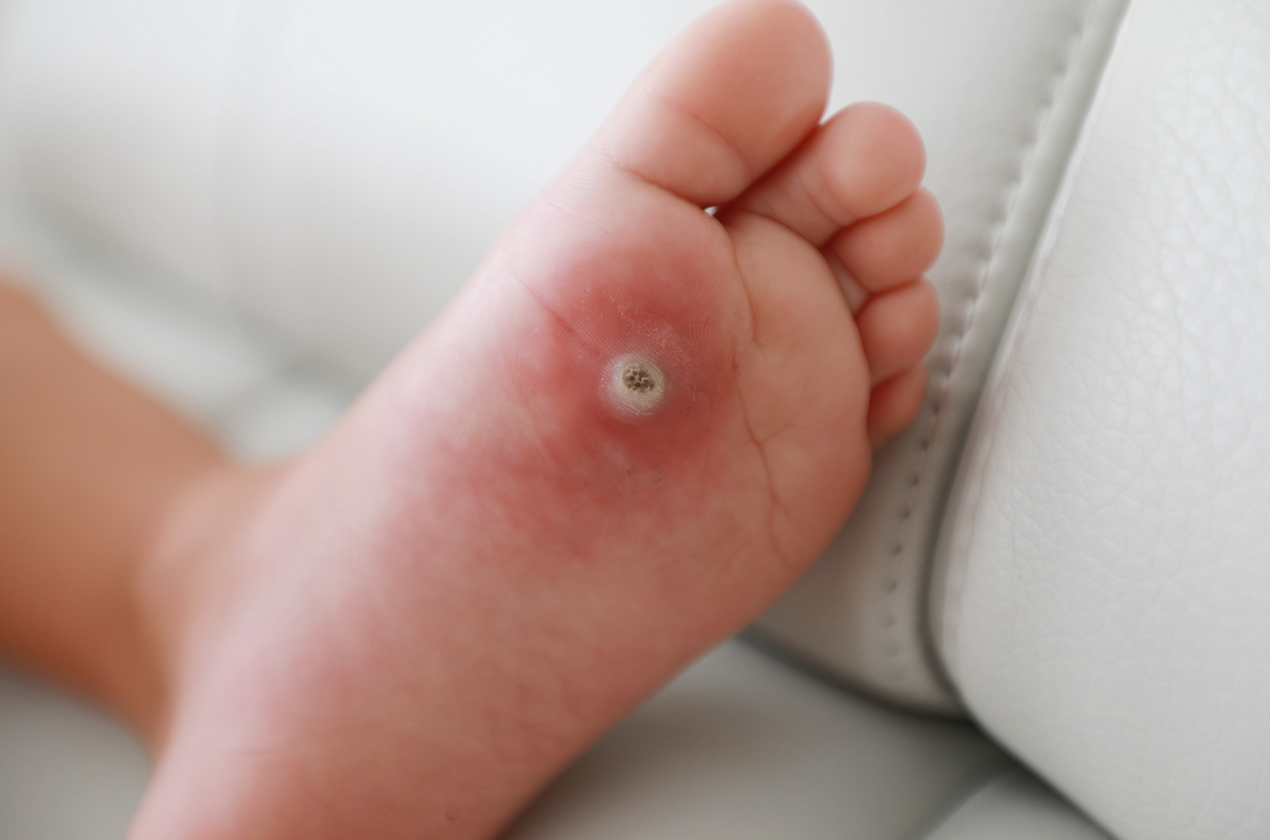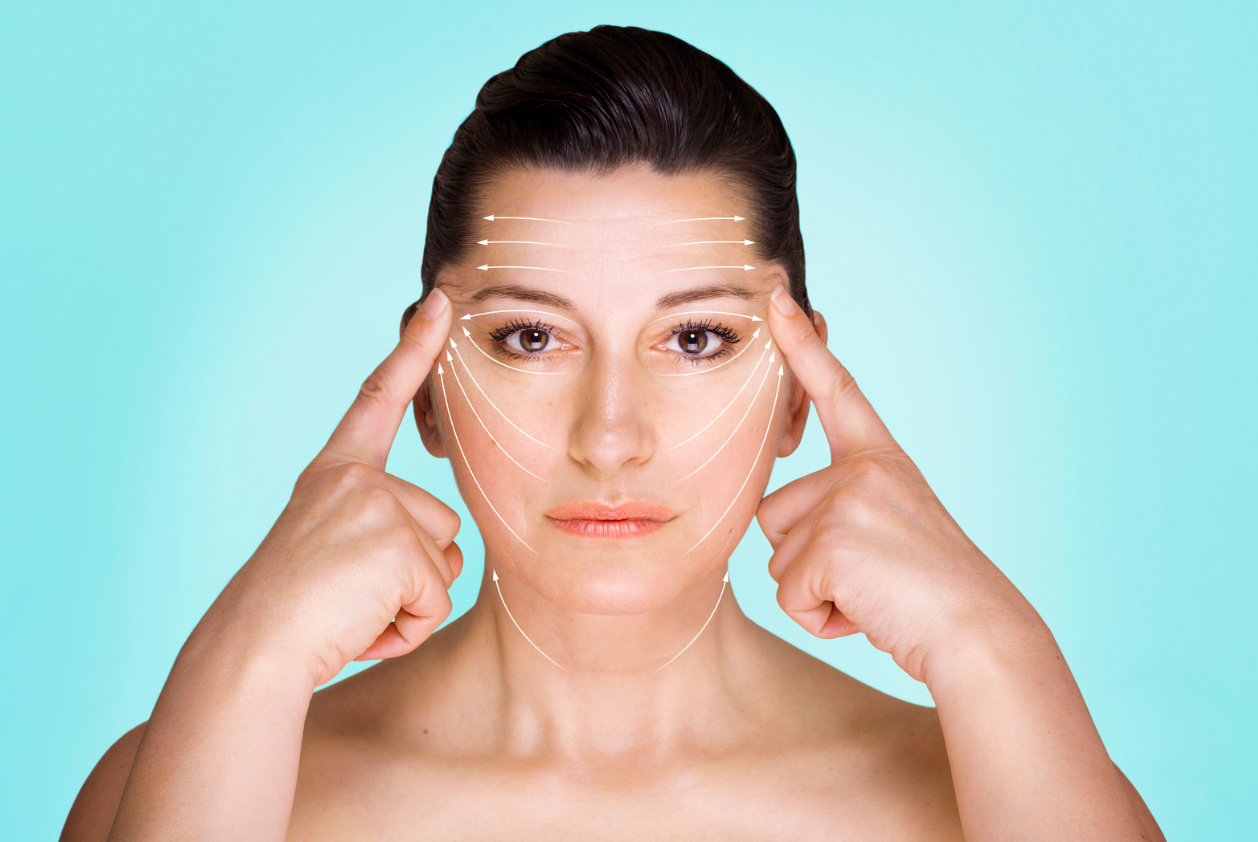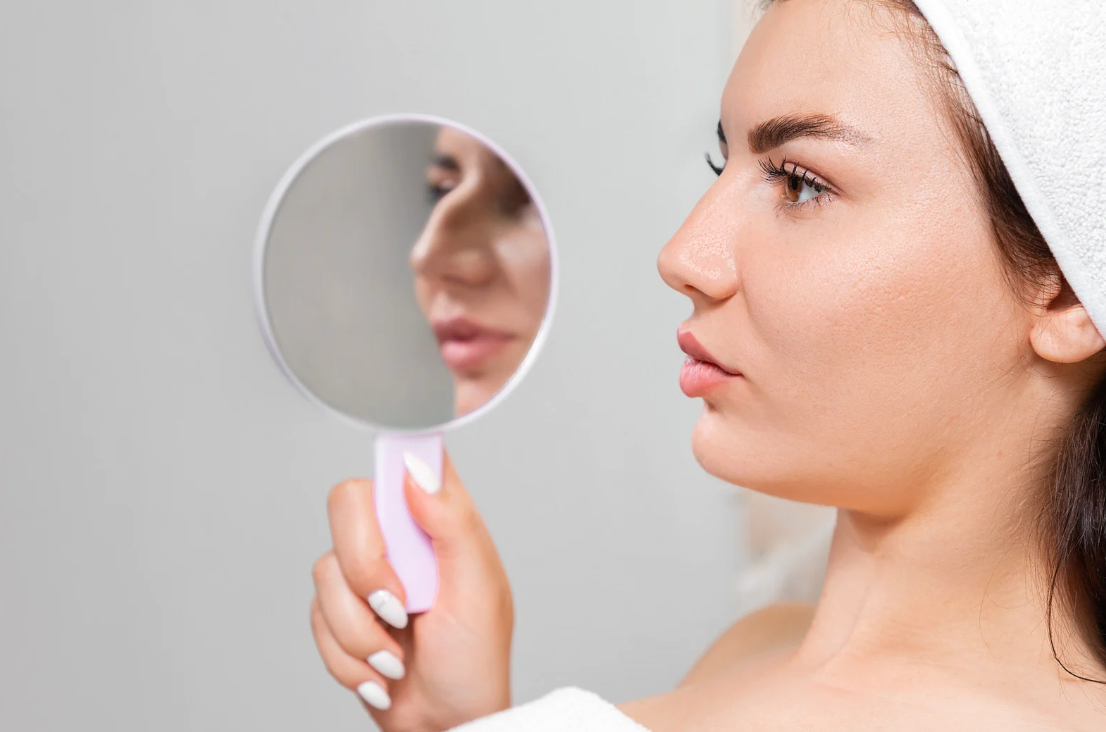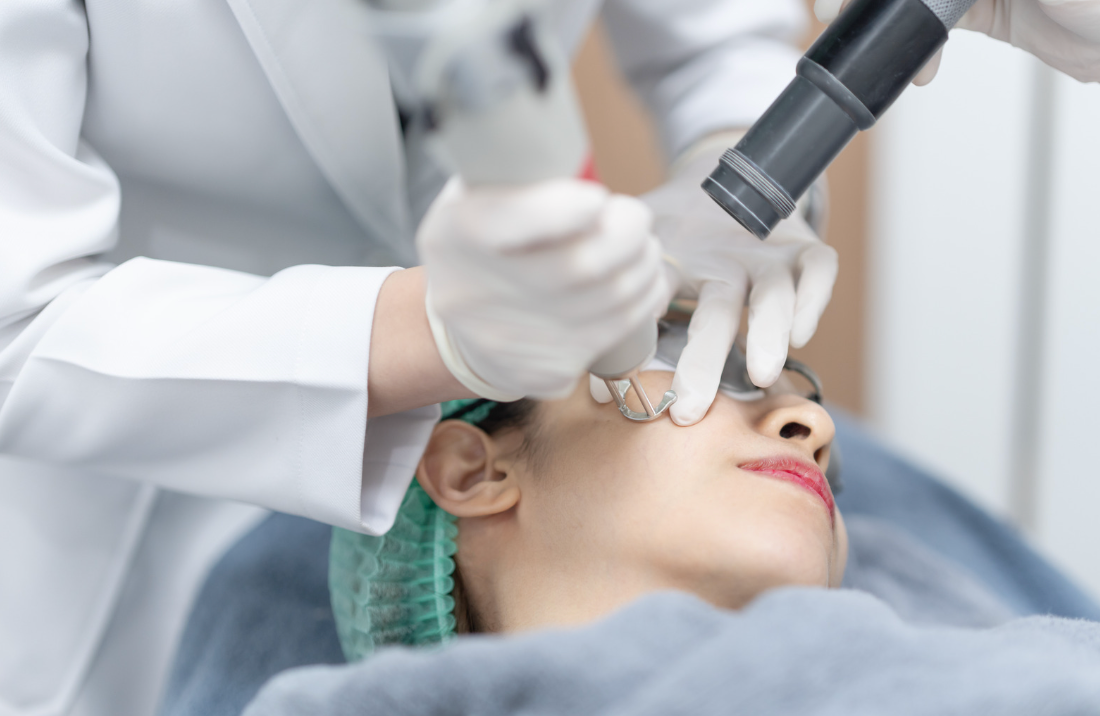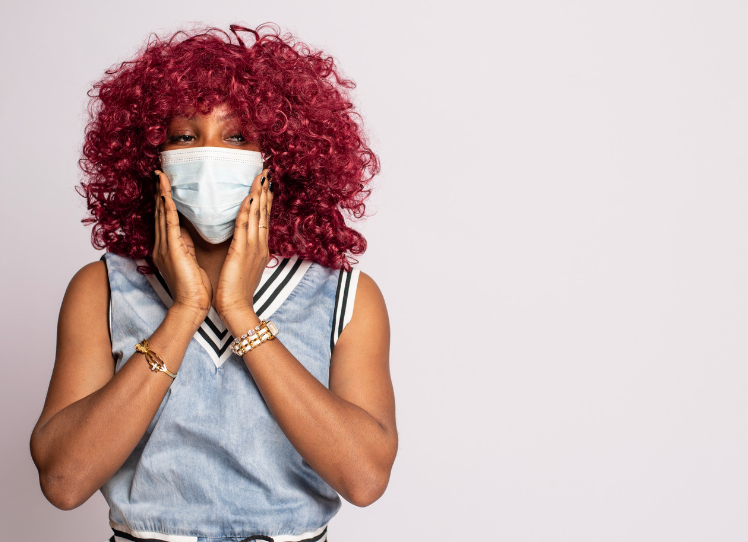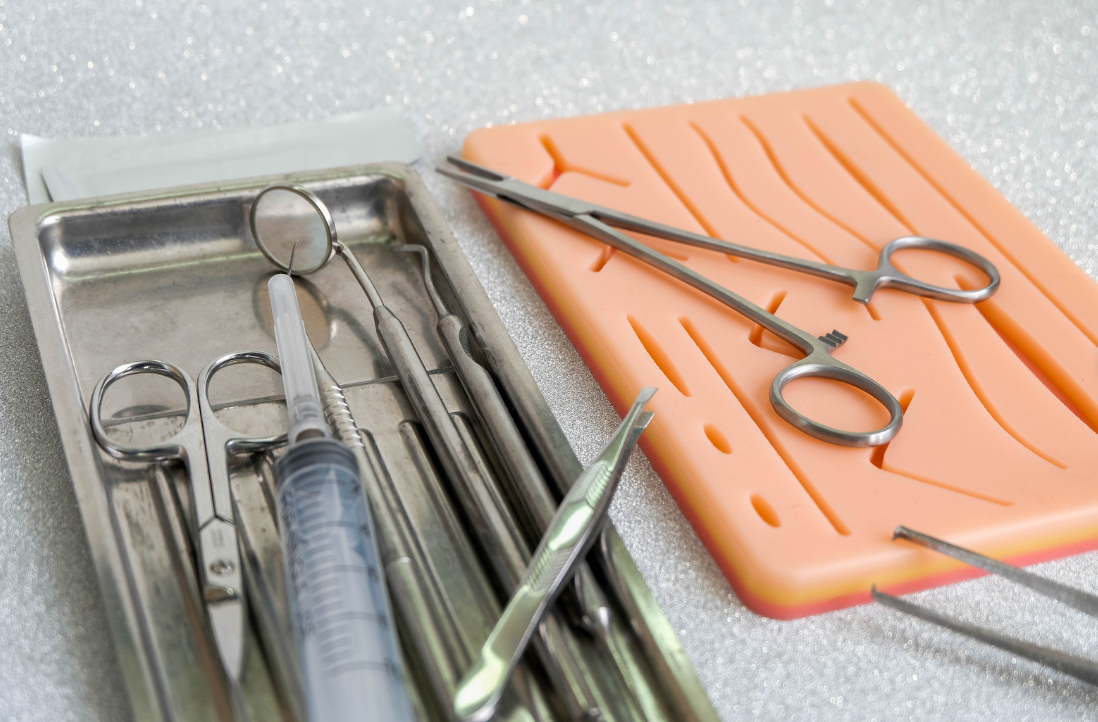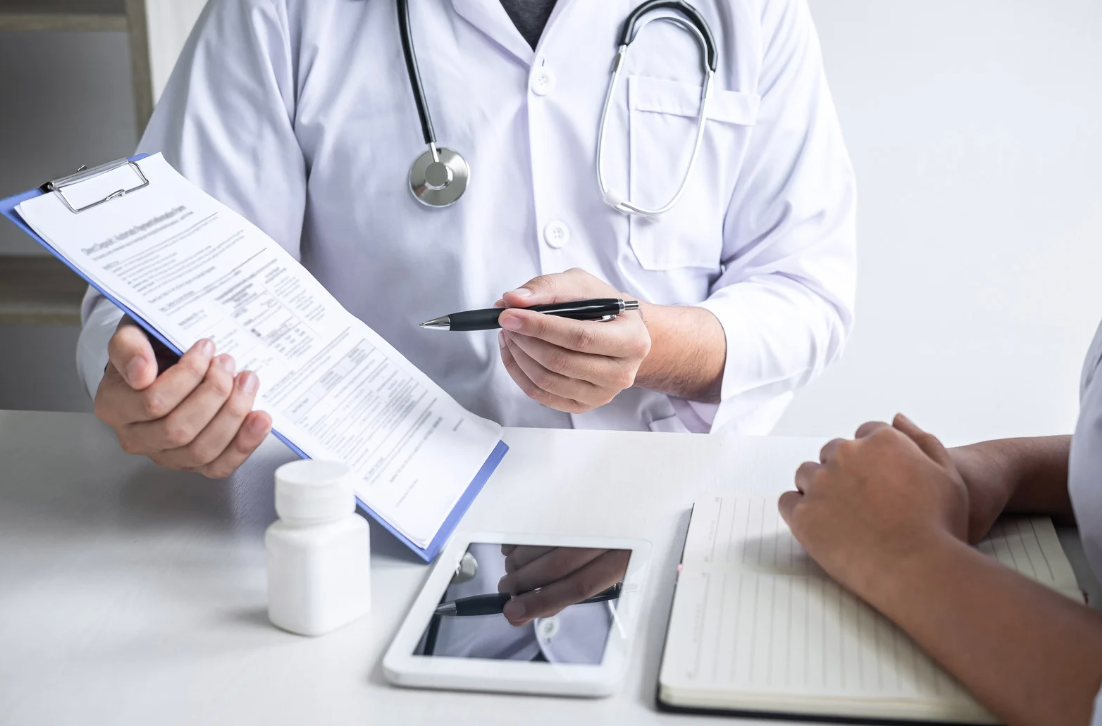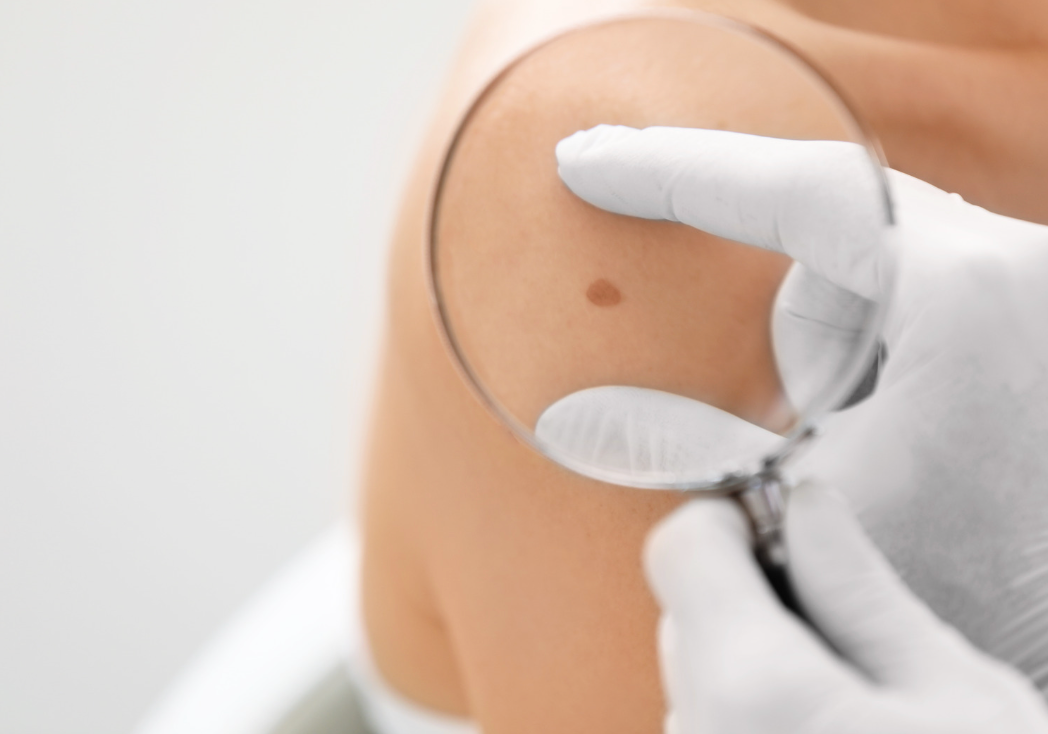Hair Today, Gone Tomorrow: Navigating the Murky Realm of Hair Loss
A Comprehensive Guide to Hair Loss: Understanding, Treatments, and Finding the Right Solution for You:

Hair loss can be a distressing issue for both men and women, affecting not only our appearance but also our self-esteem. If you've noticed thinning hair or bald patches, it's essential to understand the causes, phases of hair growth, and available treatments to take control of your hair health. In this comprehensive guide, we will delve deeper into the fundamentals of hair loss, from the three phases of hair growth to a detailed overview of various treatments. We will also emphasize the importance of consulting with an experienced provider for personalized recommendations tailored to your unique needs.
The Three Phases of Hair Growth:
Before we explore treatments, let's gain a more comprehensive understanding of the natural hair growth cycle. Hair growth follows a continuous, cyclical process with three distinct phases:
1. Anagen Phase: This is the active growth phase, where hair emerges from the hair follicle and continues to lengthen. The anagen phase can last anywhere from 2 to 7 years, depending on genetics and individual factors. This phase is characterized by rapid hair growth.
2. Catagen Phase: The catagen phase is a transitional period lasting about 2 to 3 weeks. During this time, the hair follicle shrinks, and hair growth significantly slows down.
3. Telogen Phase: The telogen phase is the resting phase of the hair cycle, lasting approximately 3 to 4 months. In this phase, hair follicles remain dormant before shedding old hairs to make way for new ones.
Understanding these phases allows us to grasp the natural shedding and regrowth process. However, when hair loss exceeds the rate of regrowth, intervention may be necessary.
Common Causes of Hair Loss:
Hair loss can be attributed to various factors, including:
- Heredity: Genetic predisposition plays a significant role in hair loss, leading to conditions such as male pattern baldness or female pattern hair loss.
- Hormonal Changes: Fluctuations in hormone levels due to pregnancy, menopause, thyroid disorders, or polycystic ovary syndrome (PCOS) can contribute to hair loss.
- Medical Conditions: Certain medical conditions such as alopecia areata, scalp infections, and autoimmune diseases can cause hair loss.
- Stress and Diet: Elevated stress levels and an inadequate diet can disrupt the hair growth cycle, leading to increased hair shedding.
Hair Loss Treatments:
A wide array of treatments is available for combating hair loss. These treatments range from topical solutions to medical procedures, each with its unique benefits and considerations. Here's a more in-depth look at some common options:
1. Topical Serums: Minoxidil (commonly known as Rogaine) is an over-the-counter topical solution proven to stimulate hair follicles and promote hair growth when applied consistently.
2. Supplements: Nutritional supplements such as biotin, iron, and vitamins may support hair health. However, it's essential to consult with a healthcare provider before starting any supplementation regimen. They can recommend a different combination of supplements tailored directly to YOU.
3. Lifestyle Changes: Making lifestyle adjustments, such as maintaining a balanced diet rich in essential nutrients, managing stress, and avoiding harsh hair treatments, can help reduce hair loss and improve overall hair quality.
4. Laser Stimulatory Treatment: Low-level laser therapy (LLLT) utilizes safe, low-level lasers to stimulate hair follicles, enhance blood circulation in the scalp, and promote hair growth.
5. Platelet-Rich Plasma (PRP): PRP therapy involves extracting a concentrated form of platelets from your blood and injecting it into the scalp. This process stimulates hair follicles and accelerates the healing and regrowth process.
6. Prescription Medications: There are many prescription medications which can help with hair loss. For example, finasteride (commonly known as Propecia) is an oral prescription medication primarily for men that can slow hair loss and promote hair regrowth. It works by inhibiting the effects of the hormone DHT, which contributes to hair loss. A consultation with a prescribing physician is required.
Why Consult with a Physician Like Dr. Hazany:
While these treatments hold promise for addressing hair loss, it's essential to recognize that not all types of hair loss are the same. Individual factors, including genetics, underlying medical conditions, and lifestyle, can significantly influence the effectiveness of treatment.
This is where the expertise of a seasoned provider like Dr. Hazany becomes invaluable. Dr. Hazany can assess your specific type of hair loss, identify its underlying causes, and recommend a personalized treatment plan tailored to your unique needs. A personalized approach ensures that you receive the most effective and appropriate treatment to regain your hair and confidence.
In conclusion, understanding the phases of hair growth, recognizing common causes of hair loss, and exploring various treatment options are essential steps in addressing hair loss. Remember that the most effective path to hair restoration begins with a consultation with a trusted dermatologist like Dr. Hazany, who can provide expert guidance and customized solutions for your hair loss concerns. Don't let hair loss hold you back – take the first step towards healthier, fuller hair today.

